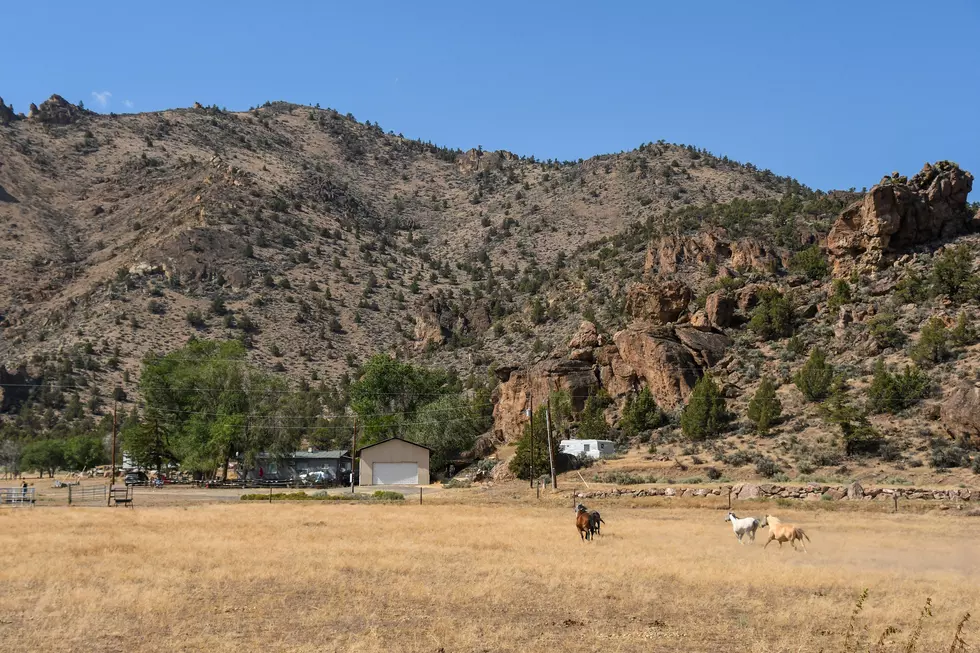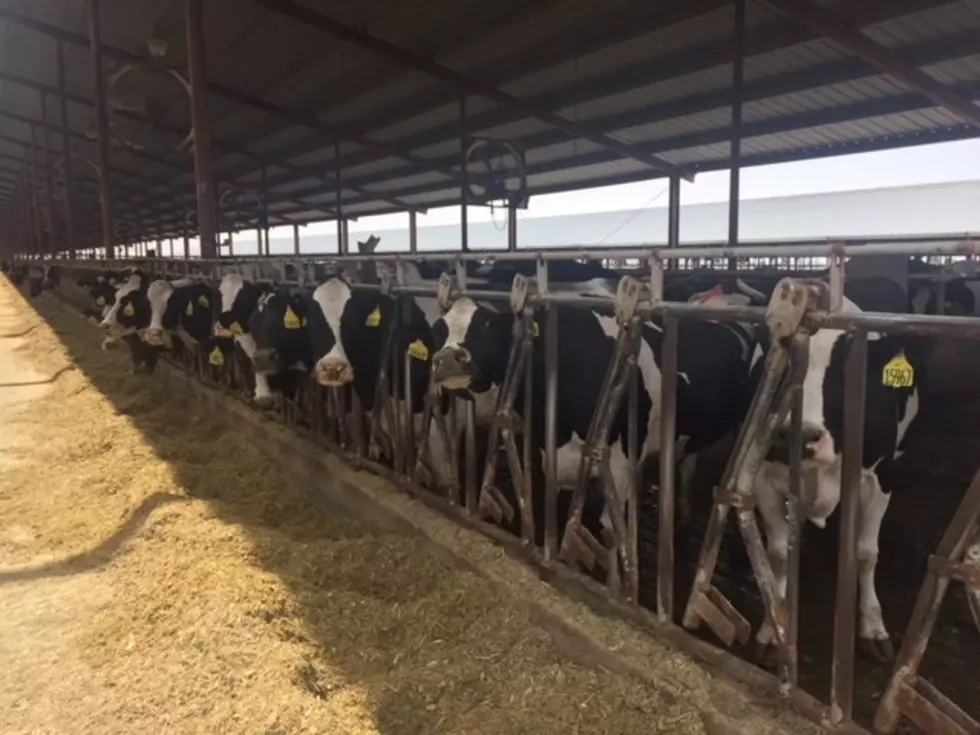
How Does Ag Become Carbon Neutral?
Can U.S. agriculture become carbon neutral by the year, 2050? And if so, how will it be accomplished?
"The answer is, we don't know but we're gonna try, and we're goonna find out," said University of Arkansas's Marty Matlock.
"There are many sectors of society that actually really need to go net zero because they are fossil fuel based, agriculture is not," added Frank Mitloehner of University of California-Davis.
Both agree row-crop conservation practices and reducing methane and nitrous-oxide in animal agriculture offers solutions to sequester and reduce carbon. Yet, Matlock added that incentives need to be offered to ag producers.
"Putting that carbon back is expensive because it requires a change in practices. And those practices to provide that benefit don't realize immediate returns, but they manifest real cost to the farmer."
And Mitloehner added, potentially, just by reductions in ag-based methane;
"We can be one of two sectors of society that has the ability to pull out more carbon than we add, and that has a tremendous effect."
If you have a story idea for the PNW Ag Network, call (509) 547-1618, or e-mail gvaagen@cherrycreekmedia.com
More From PNW Ag Network









